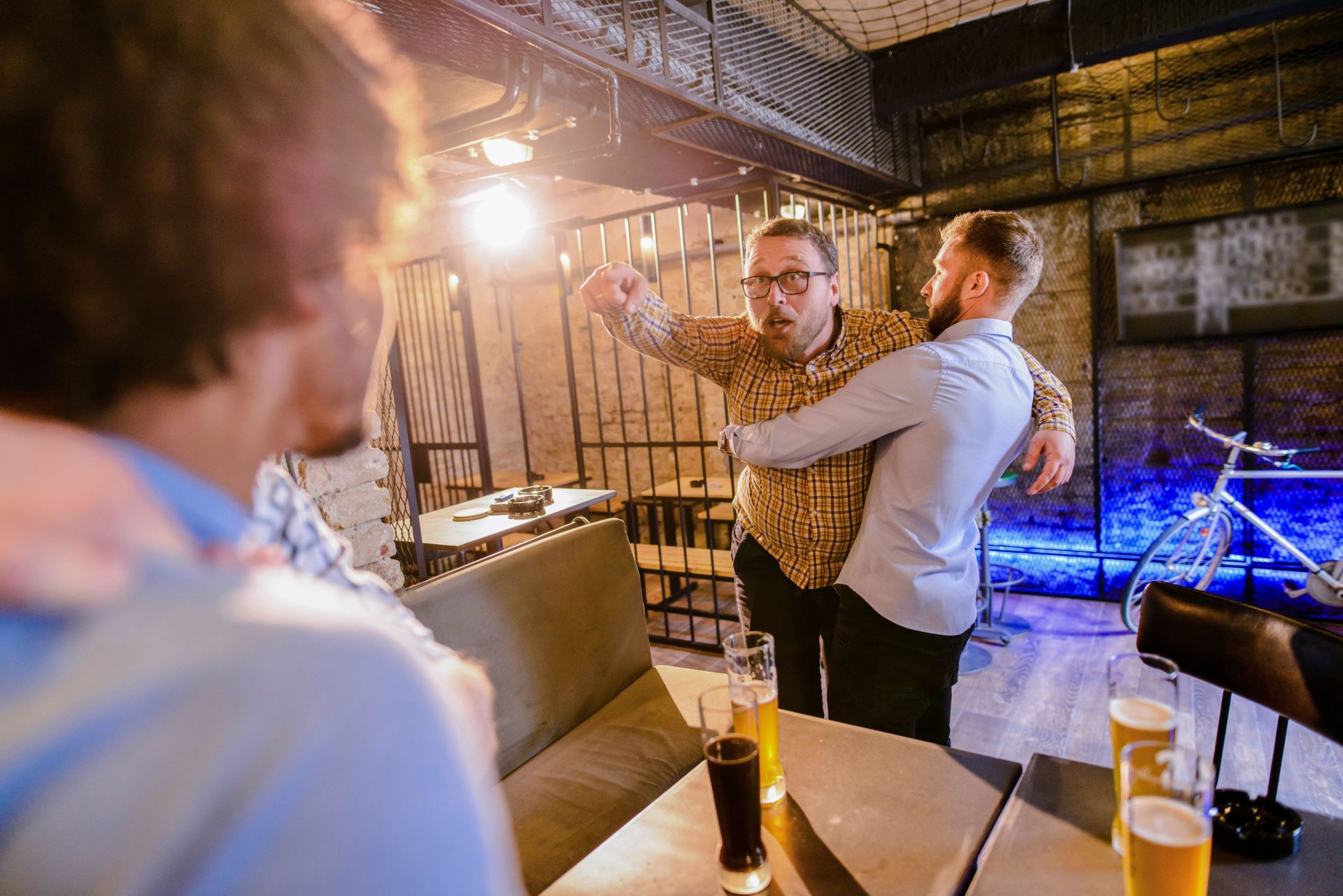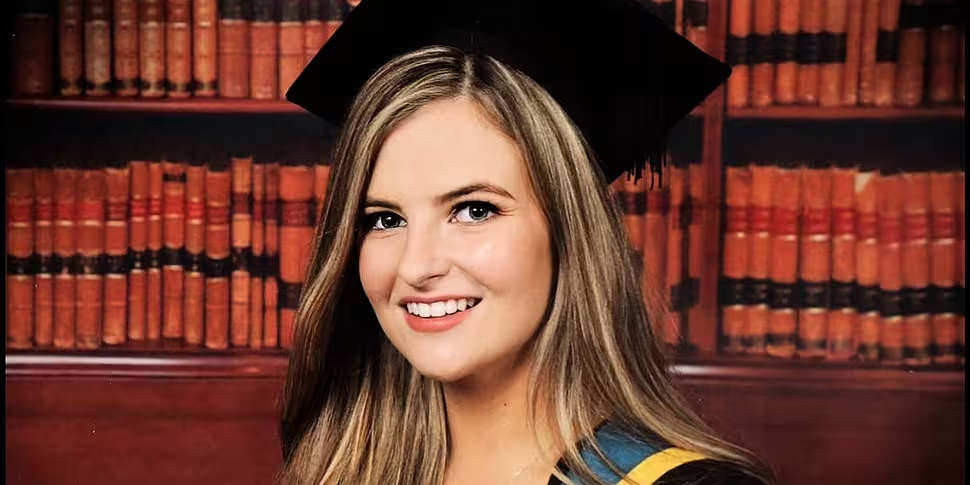The UCC ‘bystander intervention programme’ has been "inundated with queries" since the tragic death of Ashling Murphy last year.
The course aims to teach students about the ‘bystander effect’ and to highlight the dangers of normalising and accepting abusive behaviour.
On The Pat Kenny Show, programme lead Dr Crowley said the bystander effect is "when we witness something, but we're in a group of people, and we're much less likely to intervene and assist somebody".
"This is what gives rise to intervention inhibition, which is what prevents people [from acting], even though they see something problematic," she said.
"It's just easier to walk on by – or they're afraid of what people would think of them, or they're afraid they might get hurt, or that they may be socially isolated if they speak up.
"What we're trying to do is to challenge that bystander effect, and instead to instil in our participants and broadly in society, the awareness and capacity to be the person to make the difference."
Peer groups
Dr Crowley said the course discusses what to do when something inappropriate has happened within a peer group.
"It can be difficult to be the one person to speak out,” she said. “We know from our research, that people have a sense that they're far more sensitive to this behaviour than their collective peers.
"When we work with people, we get them to realise, through workshops and talking to each other, that actually, everybody in the room practically is shocked or appalled by the behaviour.
"Because of the collective silence that we're so used to, everybody believes it's just them.
"A key element of our training and our programme is to open people's eyes to the shared abhorrence, and also the importance of supporting somebody who speaks out."
 Harassment in the workplace (tommaso altamura / Alamy Stock Photo)
Harassment in the workplace (tommaso altamura / Alamy Stock Photo)Dr Crowley said the programme also focuses on the "range of ways" bystanders can intervene if they see something inappropriate in public.
"The golden rule is you only intervene if it's safe to do so," she said.
"[You could] interrupt and remove the vulnerable person ... you can do so many things other than challenging the actual behaviour.
"It's really important for our participants that they come away knowing that there is something they can do, and many people will only have the capacity to do a certain thing."
 2E9DKH3 Man stopping his friend to get in a bar fight.(Dusan Petkovic / Alamy Stock Photo)
2E9DKH3 Man stopping his friend to get in a bar fight.(Dusan Petkovic / Alamy Stock Photo)Dr Crowley said it is important for participants to realise that bystander training is not about learning to "challenge someone physically".
"If you feel that making a physical intervention or any kind of intervention would be unsafe, sometimes the most effective intervention can be getting somebody who's better positioned to support you," she said.
After the murder of Ashling Murphy last year, Dr Crowley said a lot of men in her workshops had a "sudden realisation" about "the impact of behaviour that wasn't intended to be harassing".
"Men said to me, 'Gosh, I'm looking back now and I see things that I did or I was involved in that wasn't acceptable'," she said.
"Just because there isn't an intent, that doesn't make it okay ... making them realise what's going on and their capacity to step in and support women and be their allies is really powerful and can prevent things from ever happening."
Access
The programme is available free to all third-level institutions for their staff and students across the country.
Cork GAA clubs are now the first in Ireland to take the training.
Anyone across the country can avail of the programme on the UCC Continuing Professional Development platform for €50.
You can listen back here:









